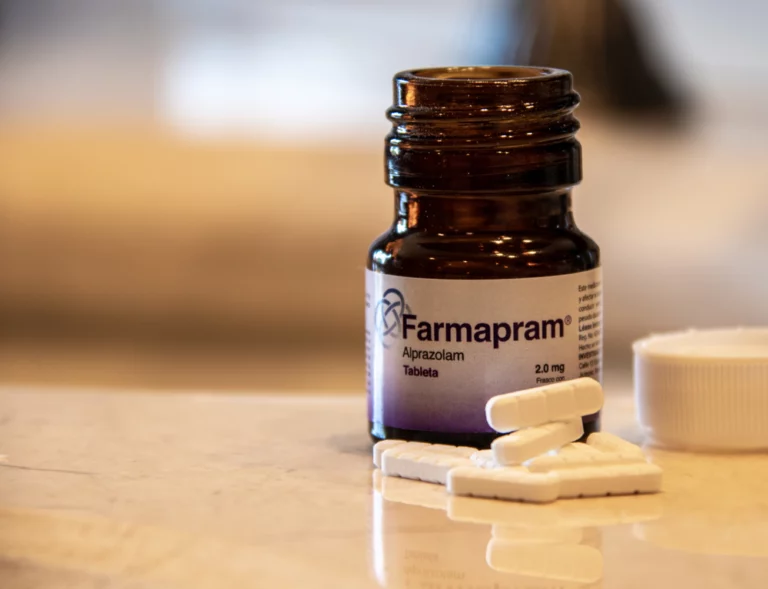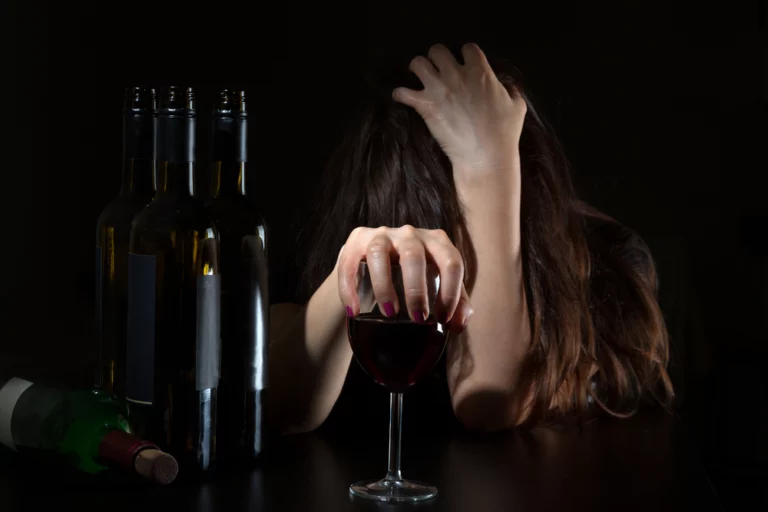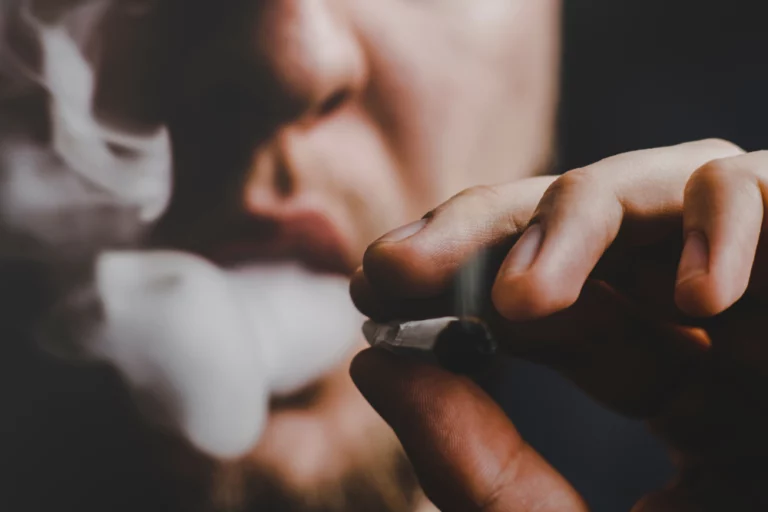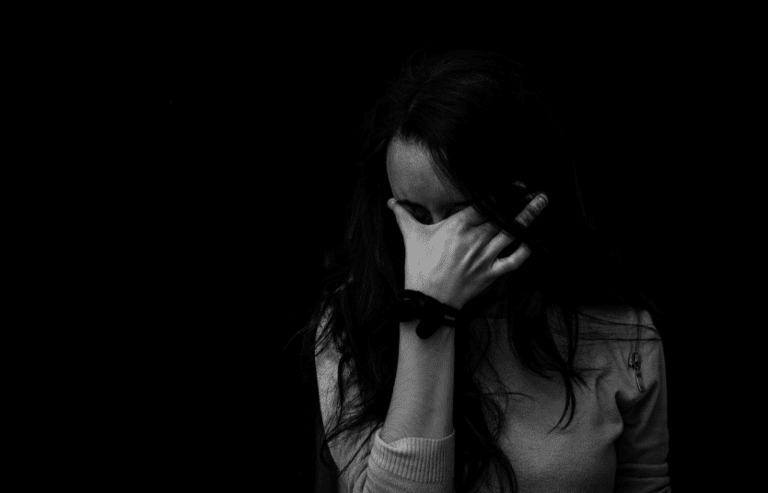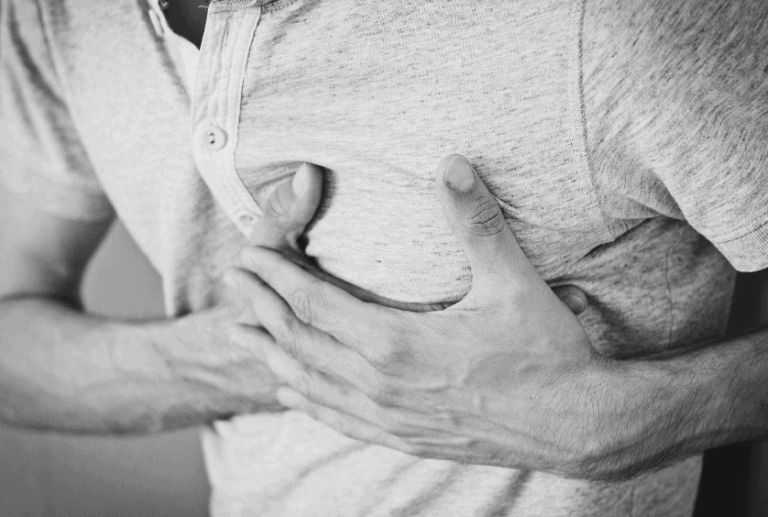The Risk of Combining Xanax and Alcohol
Xanax is classified as a benzodiazepine medication. Benzodiazepines, commonly referred to as “benzos,” are a class of medication used to treat anxiety, insomnia, seizures, muscle spasms, and other conditions. In addition to their more common uses, benzodiazepines are also sometimes used recreationally (i.e., to get “high”).
When combined with alcohol, benzodiazepines may produce an increase in anxiety, difficulty concentrating, and a tendency to paranoia, which can be dangerous enough to result in severe physical harm. This article will provide information about the risks of combining benzodiazepines and alcohol, as well as recommendations on how to reduce your risk of experiencing these side effects.
What is a Benzodiazepine?
Benzodiazepines are a class of pharmaceutical drugs commonly used to treat anxiety, insomnia, and seizure disorders. They are often prescribed for relief of the “worried well”: people with anxiety or insomnia who may not require the high levels of drug therapy often associated with the “treatment of severe anxiety” or “severe insomnia” medications.
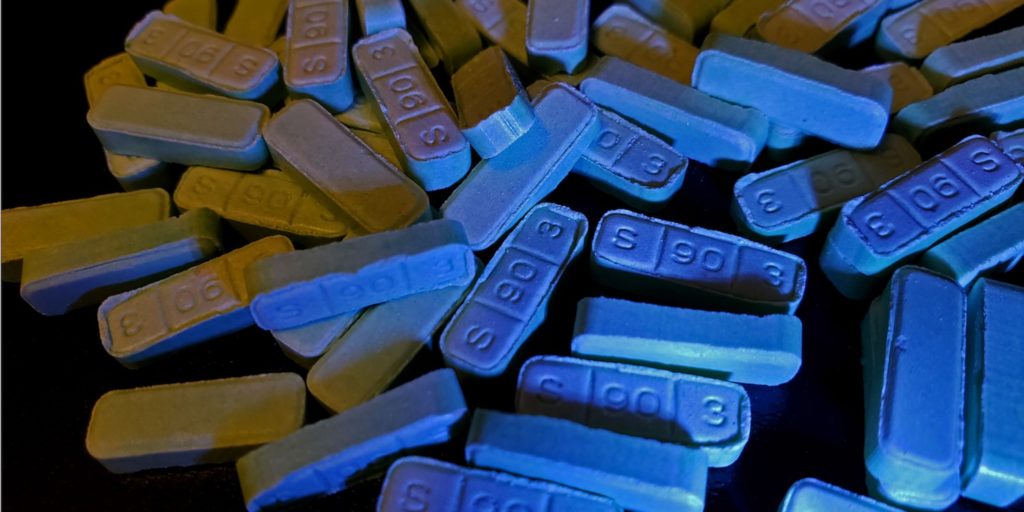
They work by enhancing the activity of a neurotransmitter called gamma-aminobutyric acid (GABA). Benzodiazepines are one of the most commonly prescribed classes of drugs in the United States. In fact, they are prescribed more often than antidepressants. Xanax can cause a variety of adverse effects, such as drowsiness, dizziness, and confusion
Xanax and Alcohol
Alcohol is a depressant drug, which means that it slows down the rate at which your brain sends signals to your muscles. This can lead to changes in your mental state, such as sedation or decreased alertness. Alcohol also interferes with your brain’s ability to form new memories. Combined with Xanax, alcohol can decrease your reaction time, which can lead to risky behaviors, such as driving under the influence of either sedative or stimulant drugs. Both alcohol and benzodiazepines can also decrease your inhibitions, leading to riskier sexual behavior and even consensual sex while under the influence of the other drug.
Potential Risks of Combining Xanax and Alcohol
Like any medication, benzodiazepines have the potential for negative side effects when combined with other substances. These potential side effects are especially concerning if one is not prescribed for you and if you choose to self-medicate. These risks are real and can lead to fatal outcomes when combined with alcohol.
Withdrawal from Xanax after long-term use, either through medical detox or by going through a benzodiazepine-free “withdrawal” period, can lead to seizures, coordination problems, and even coma. These withdrawal symptoms are often referred to as “benzodiazepine withdrawal” and can occur after just a few days of stopping the drug. The potential damage caused by Xanax withdrawal can last long after the complete recovery from the initial physical effects of the drug.
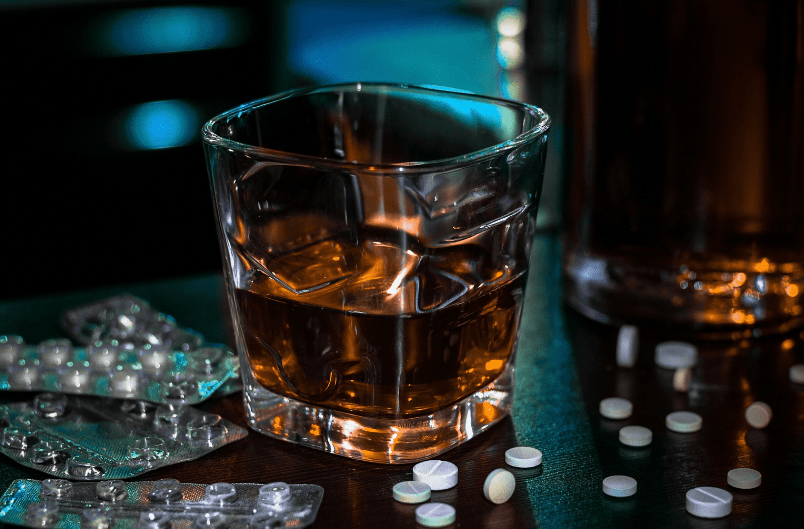
How to Reduce Your Risk
There are a few ways to reduce your risk of experiencing the negative side effects of Xanax and alcohol. First, discuss your medication regimen with your doctor and pharmacist and find out if there are any restrictions or warnings on your specific benzodiazepine prescription. If you are taking a benzodiazepine “as needed,” meaning that you are not able to take the medication at regular intervals (i.e., you “forget” to take it), then you should keep it with you at all times in case of an emergency. If you take your medication as prescribed and follow a safe “steep” (i.e., long-term) course of benzodiazepines, you greatly reduce your risk of having an unsafe “collapse” due to benzodiazepine withdrawal.
Combining benzodiazepines and alcohol is potentially dangerous and has been known to cause seizures, coma, and death. Fortunately, these medications are easy to identify as such and can be avoided by taking precautions while drinking alcohol and avoiding Xanax when not prescribed to treat a medical condition. If you choose to drink alcohol while taking benzodiazepines, keep in mind that tolerance will increase and you may need more alcohol to achieve the desired effect. Be aware of your own tolerance level and avoid taking a “drink” (i.e., the cumulative amount of alcohol) to get the desired effect. If you are experiencing a panic attack, have a seizure, or feel otherwise unsafe, call 9-1-1 immediately and discontinue use of the benzodiazepine.
Oasis Recovery Can Help
Addiction can affect anyone. If you or a loved one are currently struggling with addiction, help is available! We encourage you to reach out to the professionals at Oasis Recovery to learn more about our personalized treatment programs and mental health services. Oasis Recovery was founded from firsthand experience of addiction and recovery, with a mission of providing a space where people can heal from addiction in a compassionate, creative, open-minded, and heart-centered environment. We believe recovery is always possible. Our experts work with you to design a treatment plan that fits your needs. Common treatment programs include:
- Intensive Outpatient Programs (IOP)
- Full-time Addiction Treatment on campus
- Aftercare Services
Contact us today for more information about how our programs and services can help you get your life back on track. You no longer have to struggle with addiction on your own. We are here to help.




